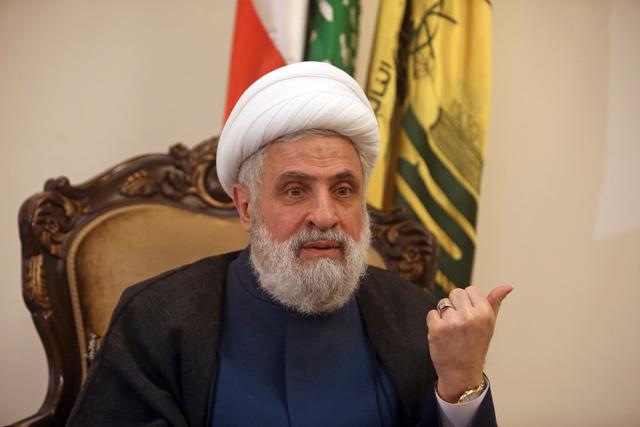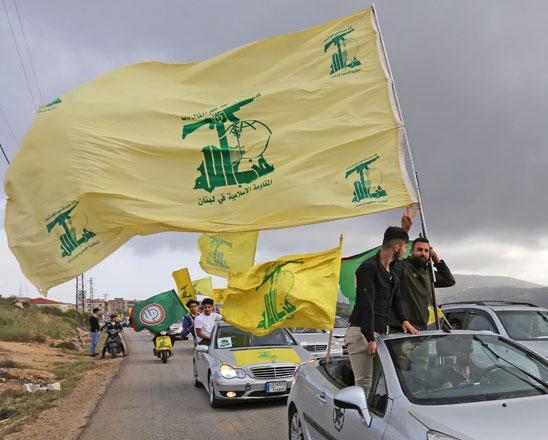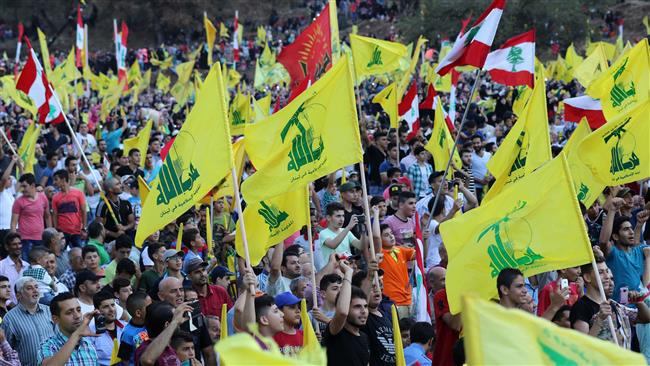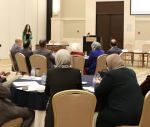You are here
Hizbollah expects its allies to win more seats in Lebanon vote
By Reuters - Mar 15,2018 - Last updated at Mar 15,2018

Lebanon’s Hizbollah Deputy Leader Sheikh Naim Qassem gestures as he speaks during an interview with Reuters in Beirut, Lebanon, on Thursday (Reuters photo)
BEIRUT — Lebanon’s Shiite Hizbollah movement expects its allies to win more seats in a parliamentary election in May, but does not expect any fundamental change in the balance of power in the government, the group’s deputy leader said on Thursday.
The May 6 election looks set to deepen the strong political influence already wielded in Lebanon by the heavily armed group, which is backed by Iran and listed as a “terrorist” organisation by the United States.
Lebanon’s first parliamentary vote since 2009 will be held according to a new law that is widely expected to yield fewer seats for the Future Movement led by Prime Minister Saad Al Hariri, Lebanon’s leading Sunni.
“Our ambition from these elections is not to increase the number of Hizbollah MPs. Our ambition is for there to be broader representation for our allies from different groups, sects and parties,” Sheikh Naim Qassem told Reuters in an interview.
“This law will certainly increase the number of MPs of Hizbollah’s allies,” he said.
Qassem did not say how many seats he expected Hizbollah and its allies to win in parliament, where the 128 seats are divided among Lebanon’s 17 officially recognised religious groups according to a strict quota.
Hizbollah, formed in 1982 by the Iranian Revolutionary Guards, is the most powerful group in Lebanon and has moved beyond its borders to assume an important role as Iran’s ally in conflicts in the region since 2012.
In the 2009 election, Hizbollah and its allies in the “March 8” alliance won fewer seats than Hariri’s “March 14” alliance, which at the time was receiving strong financial backing from Saudi Arabia.
Since then, March 14 has largely disintegrated while Hizbollah and its allies have grown stronger, and Hariri’s long-standing relationship with Saudi Arabia has become strained.
In 2016, Hizbollah ally Michel Aoun became head of state in a political deal that also made Hariri head of a government that spans nearly all of Lebanon’s main political groups, including Hizbollah.
Last November, Saudi Arabia lost patience with Hariri’s political accommodation with Hizbollah, forcing him to resign as prime minister and briefly putting him under house arrest in Riyadh, according to Lebanese officials.
Following a French intervention, Hariri returned to Lebanon and retracted the resignation after his government reiterated its policy of staying out of regional conflicts.
Qassem said he expected only minor changes in the composition of the next government, but it was too early to talk about who would be the next prime minister — a post reserved for a Sunni Muslim in the sectarian system.
“The change in the shape of the government and the way it is formed will be limited, but certainly it will be subjected to wider accountability by MPs because of the variety that will be in parliament,” he said.
Related Articles
BEIRUT, Lebanon — Hizbollah and its political allies won just over half the seats in Lebanon’s parliamentary election, unofficial results sh
BEIRUT, Lebanon — Saad Al Hariri will be Lebanon’s prime minister for a third time, after winning the backing of a majority of MPs in offici
BEIRUT, Lebanon — Lebanon’s parliament is set to re-elect Nabih Berri as its speaker on Wednesday, extending the veteran politician’s tenure


















